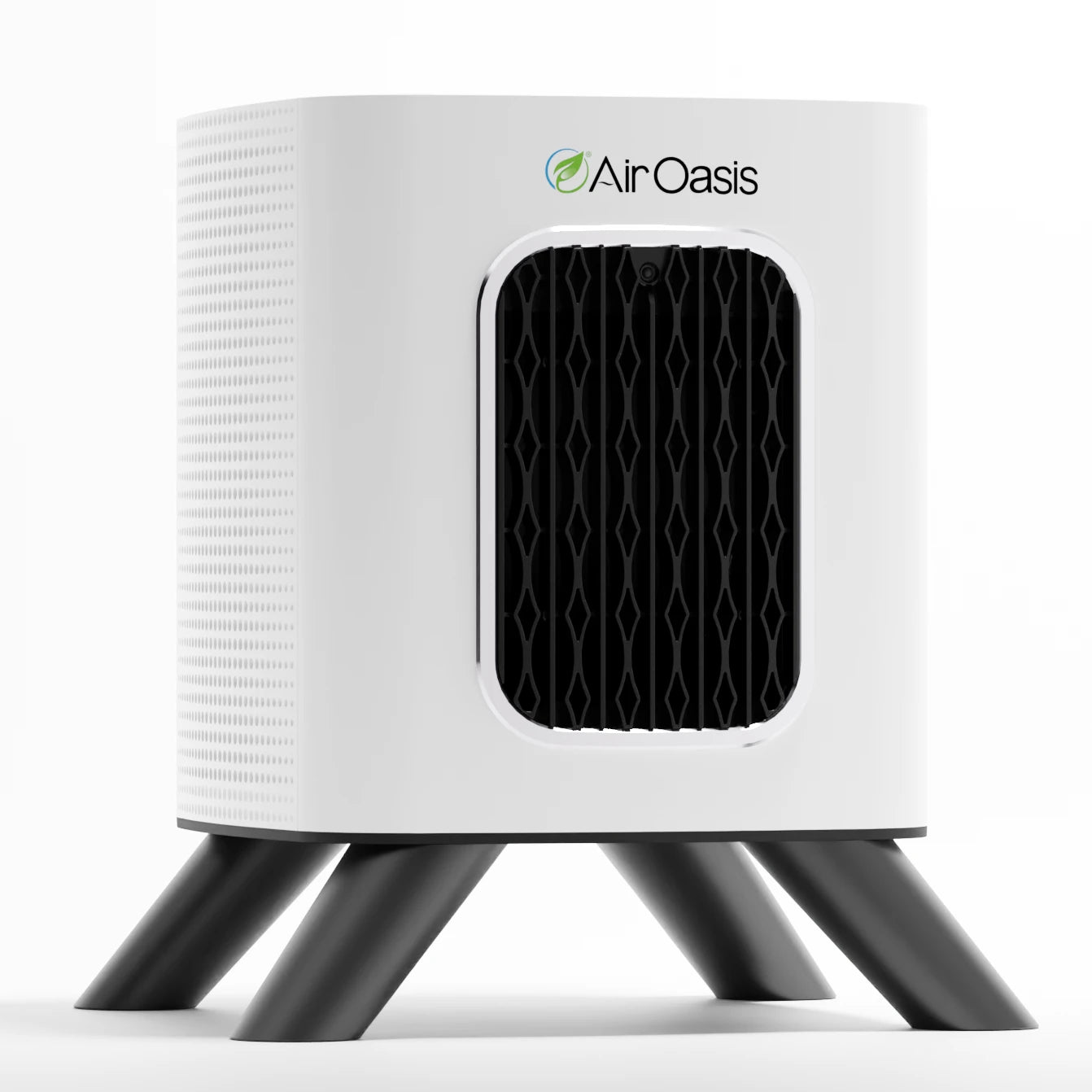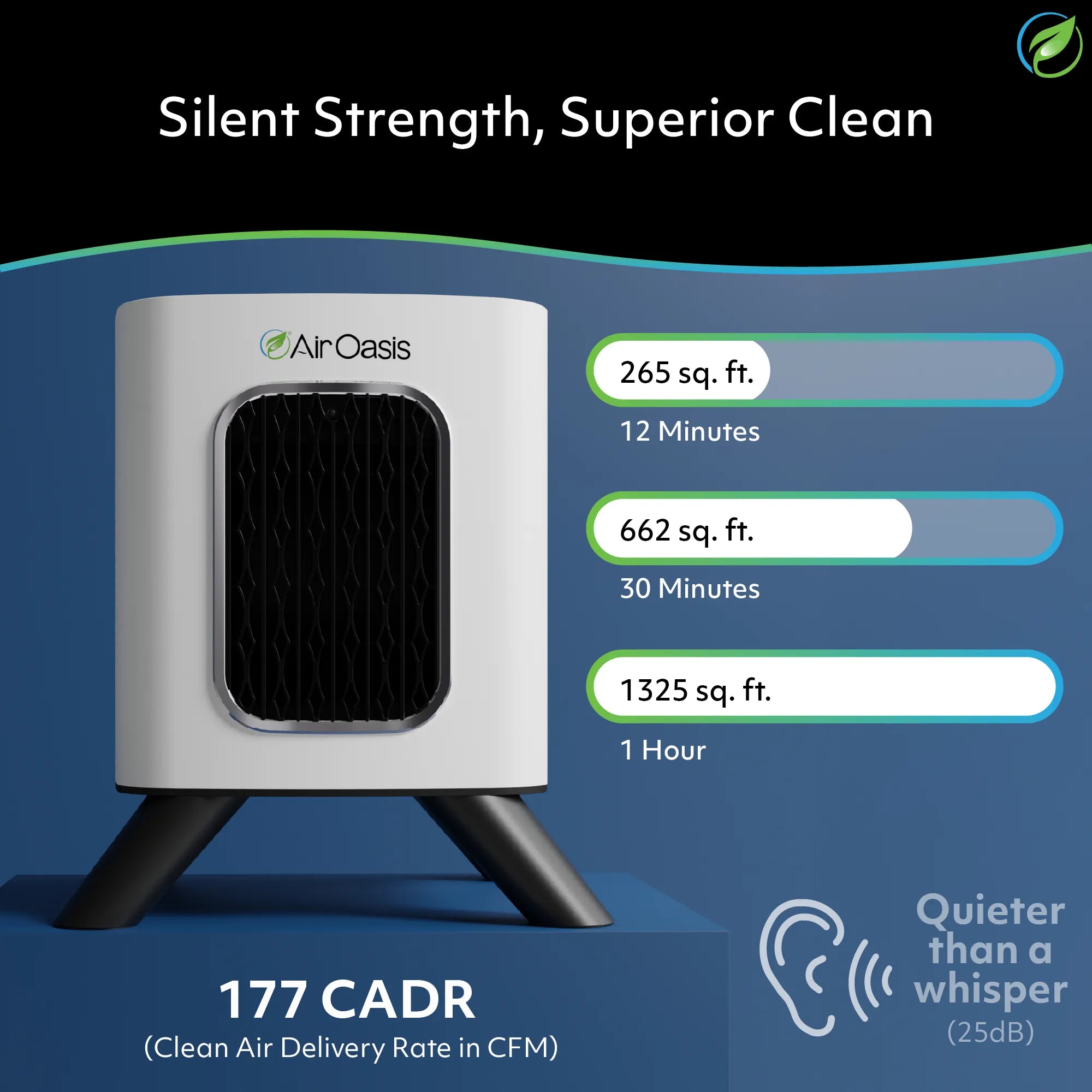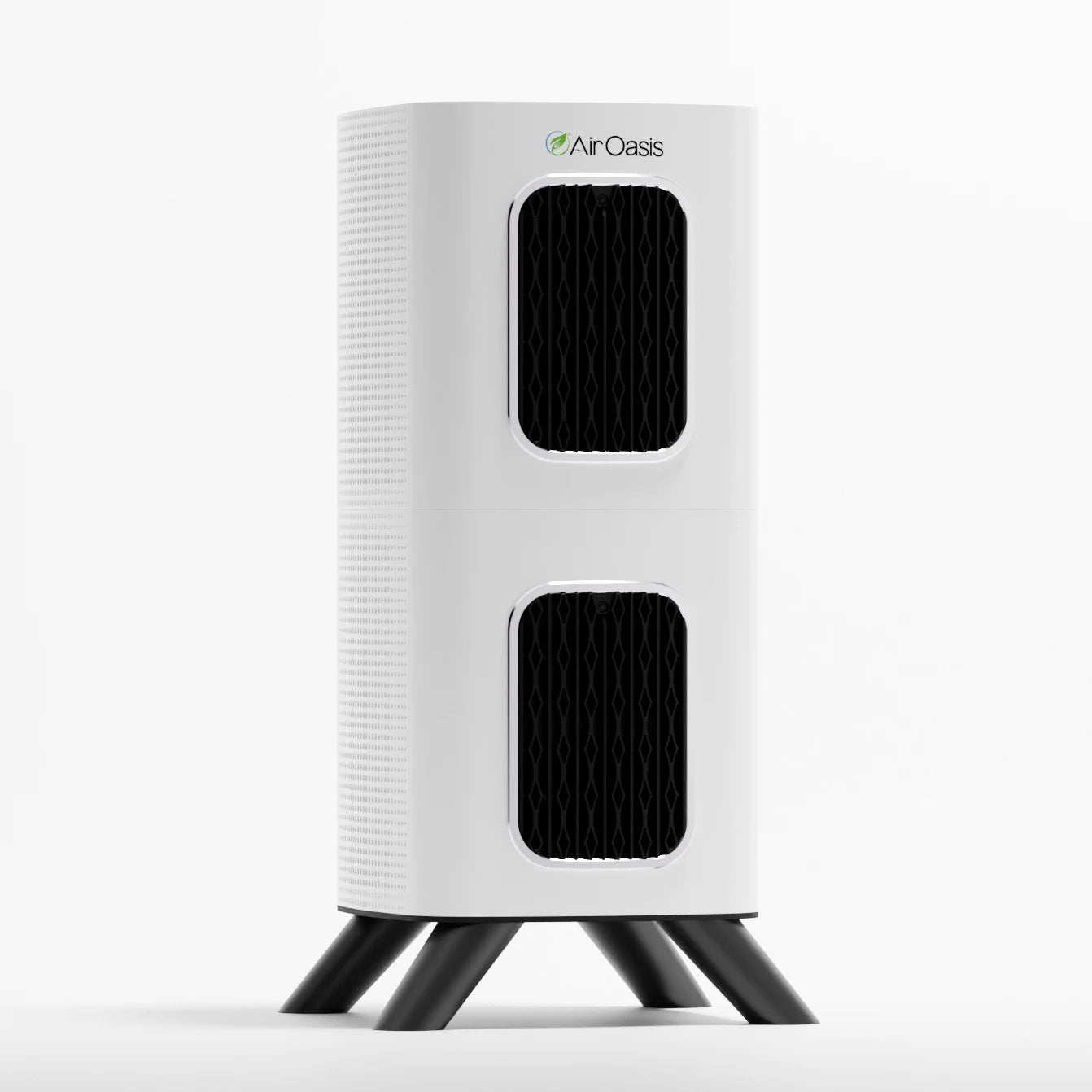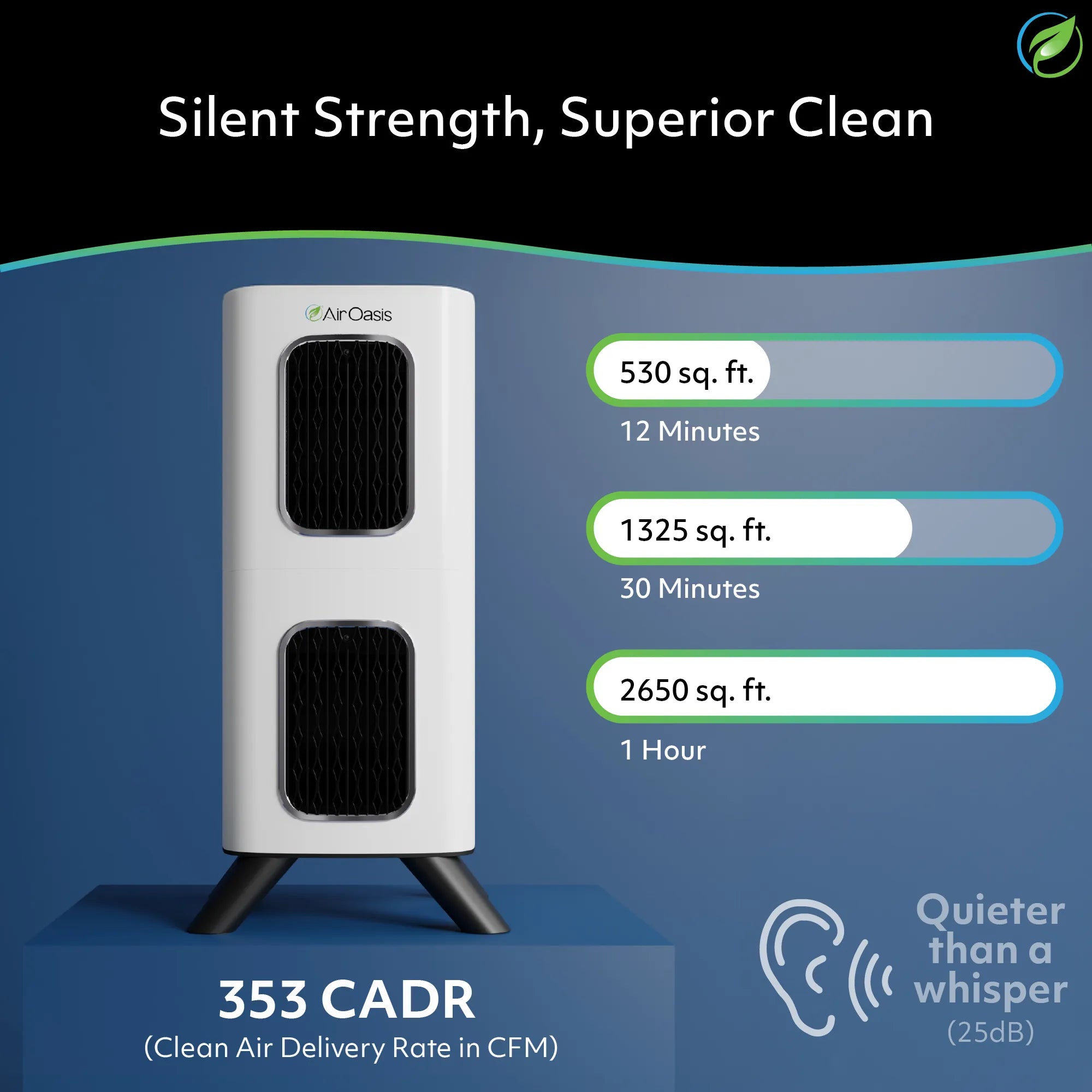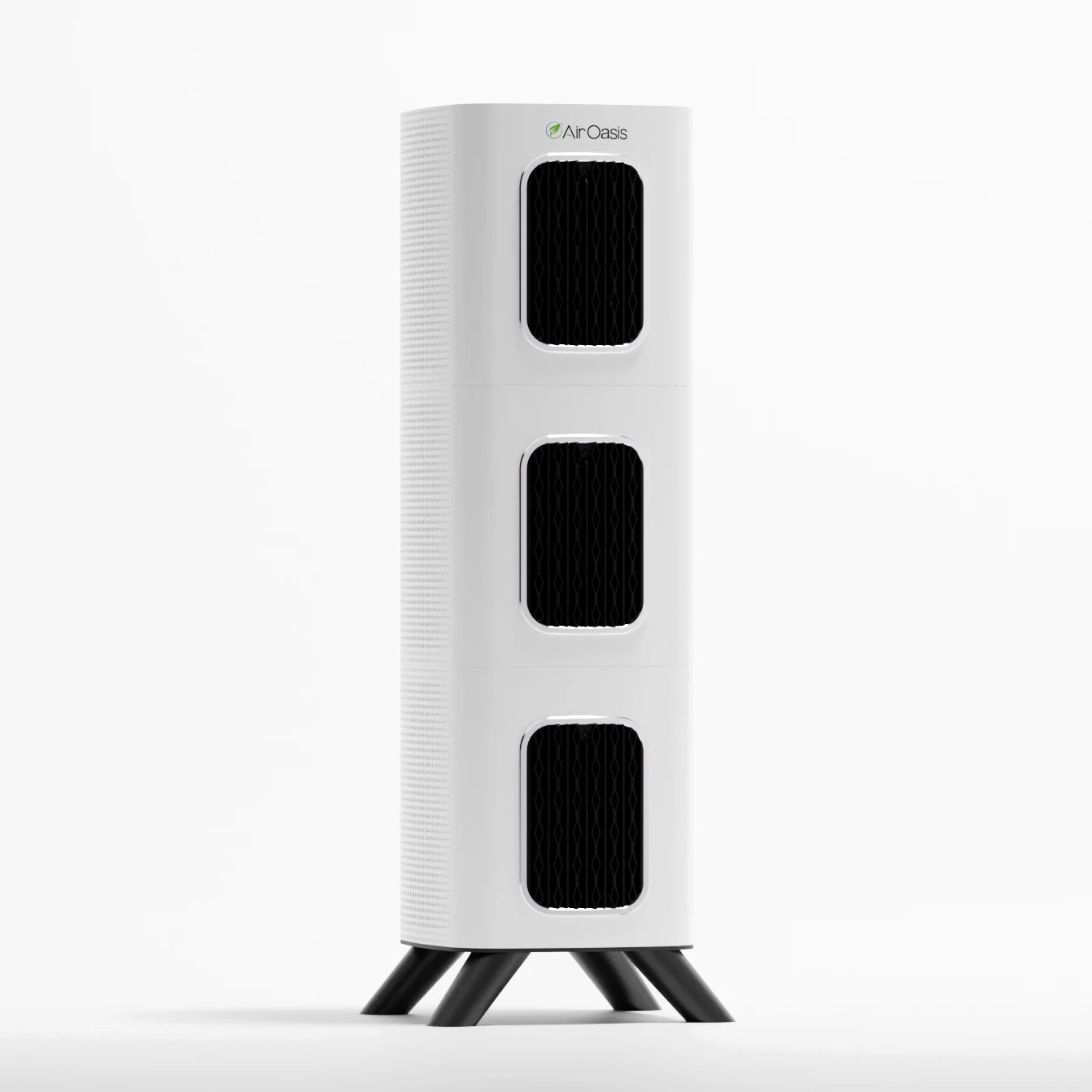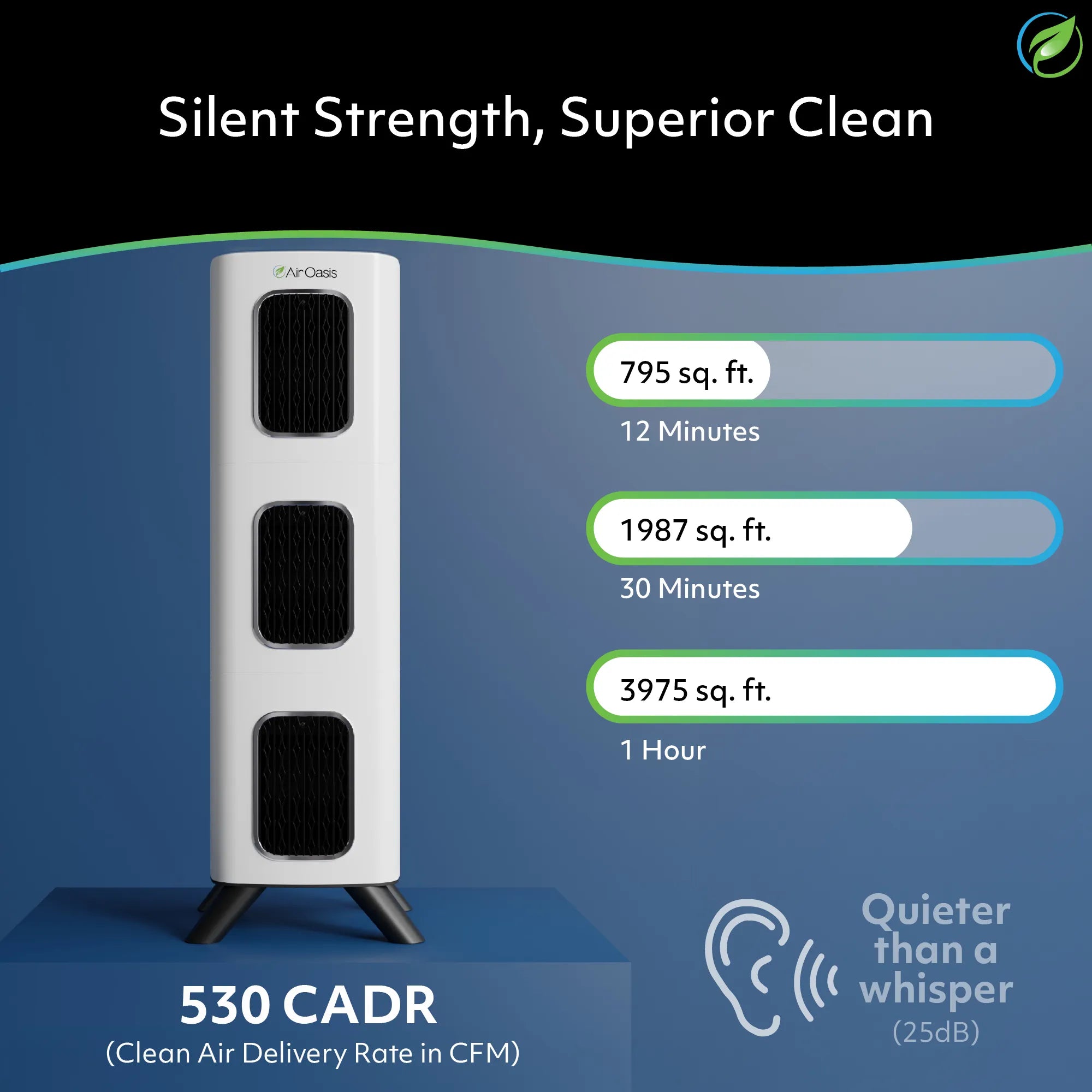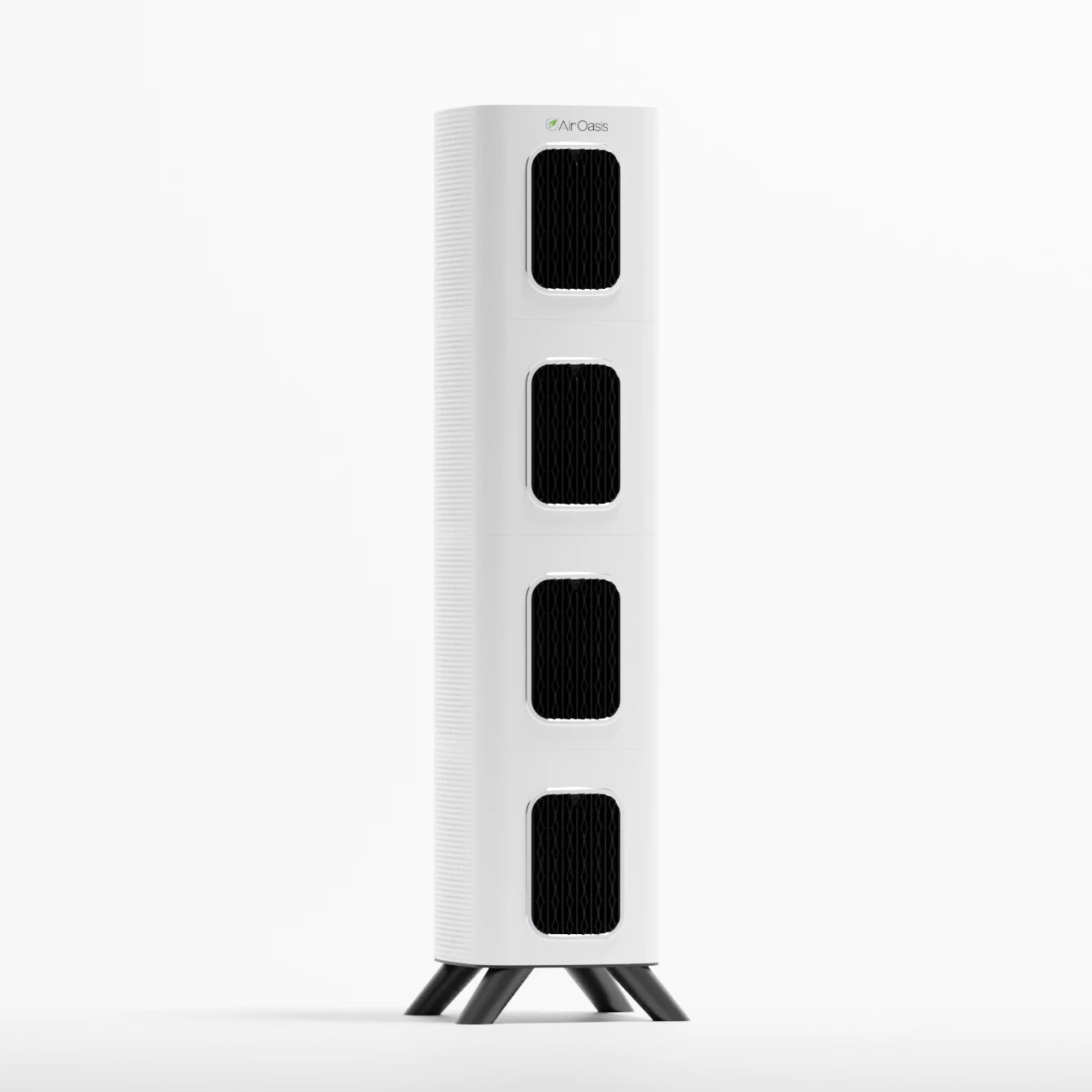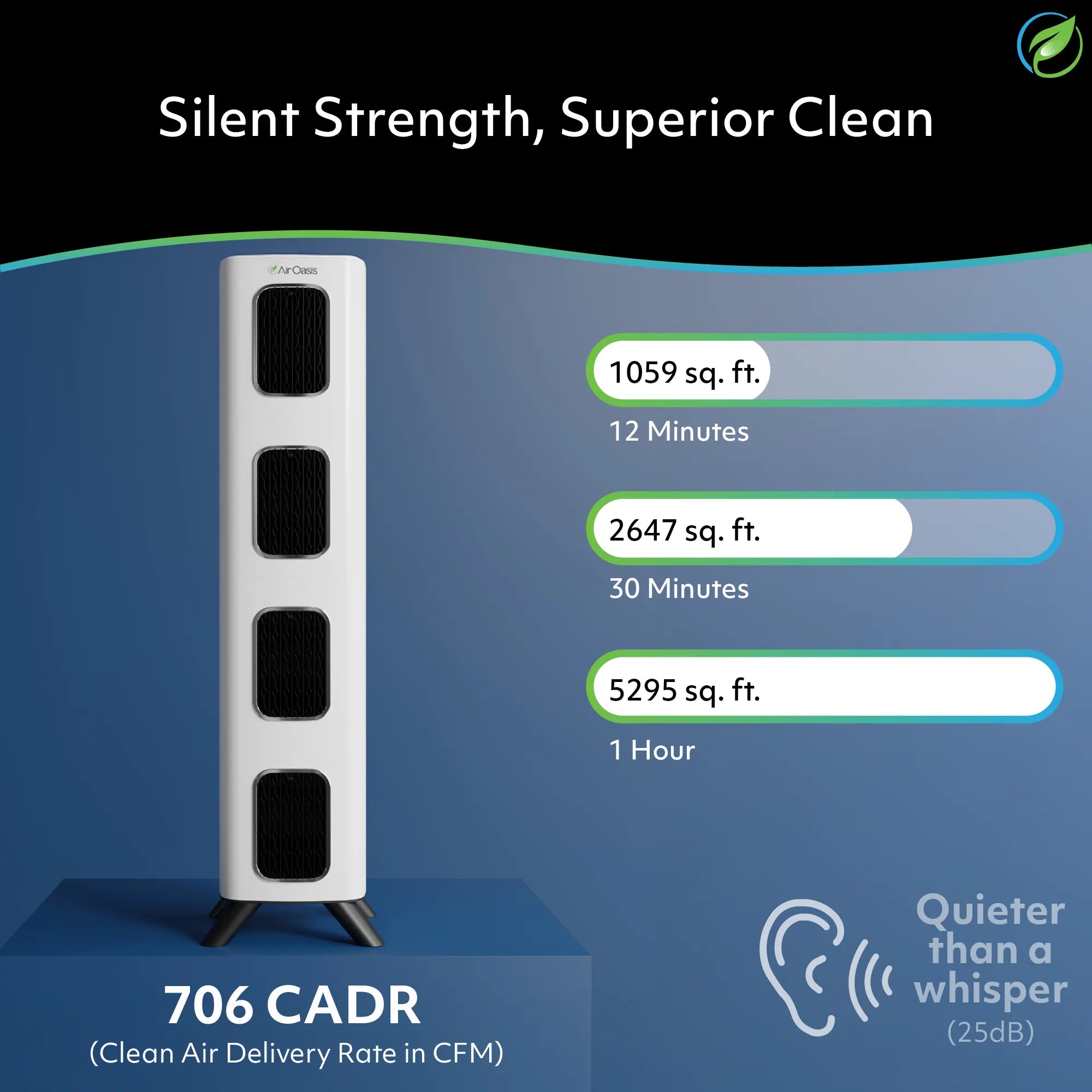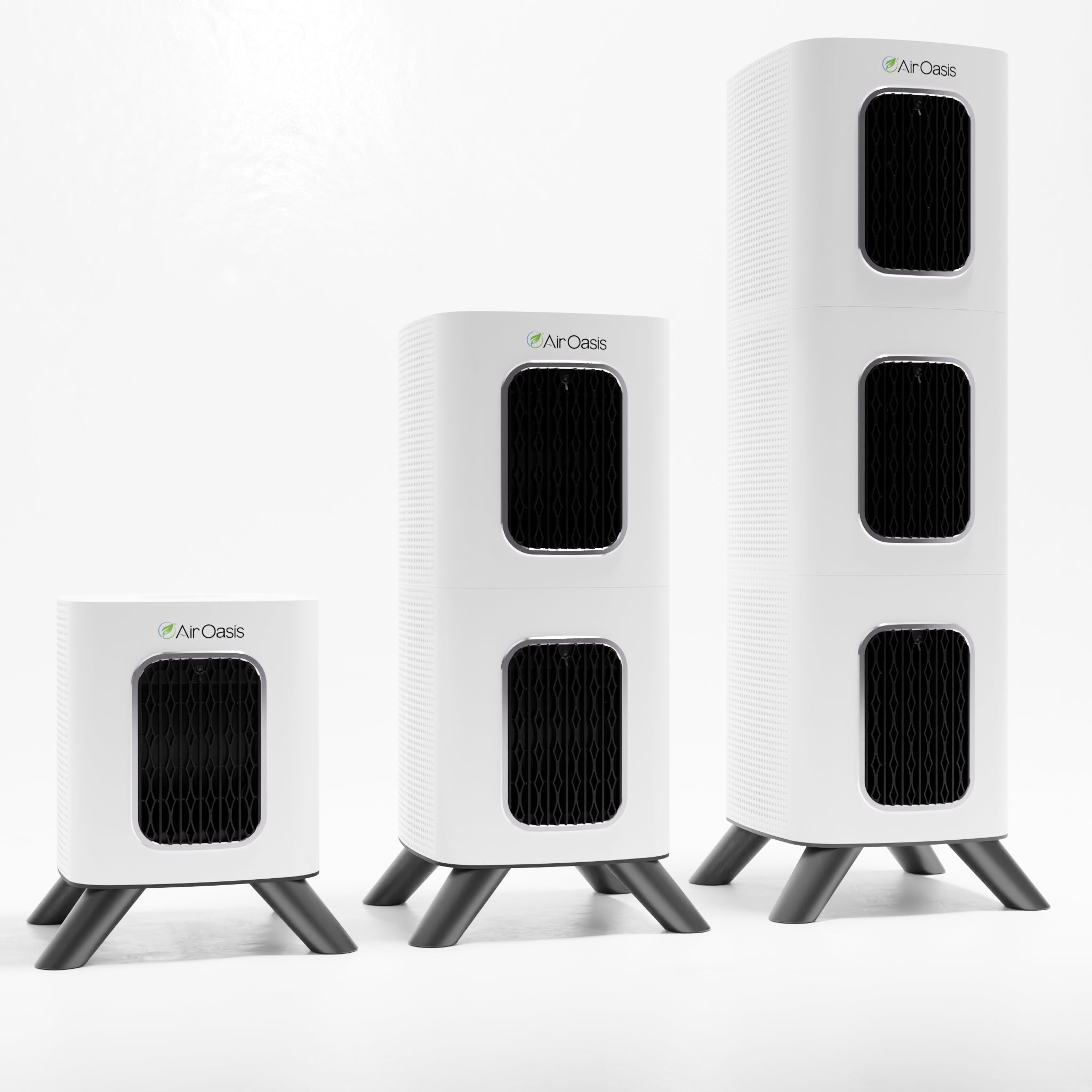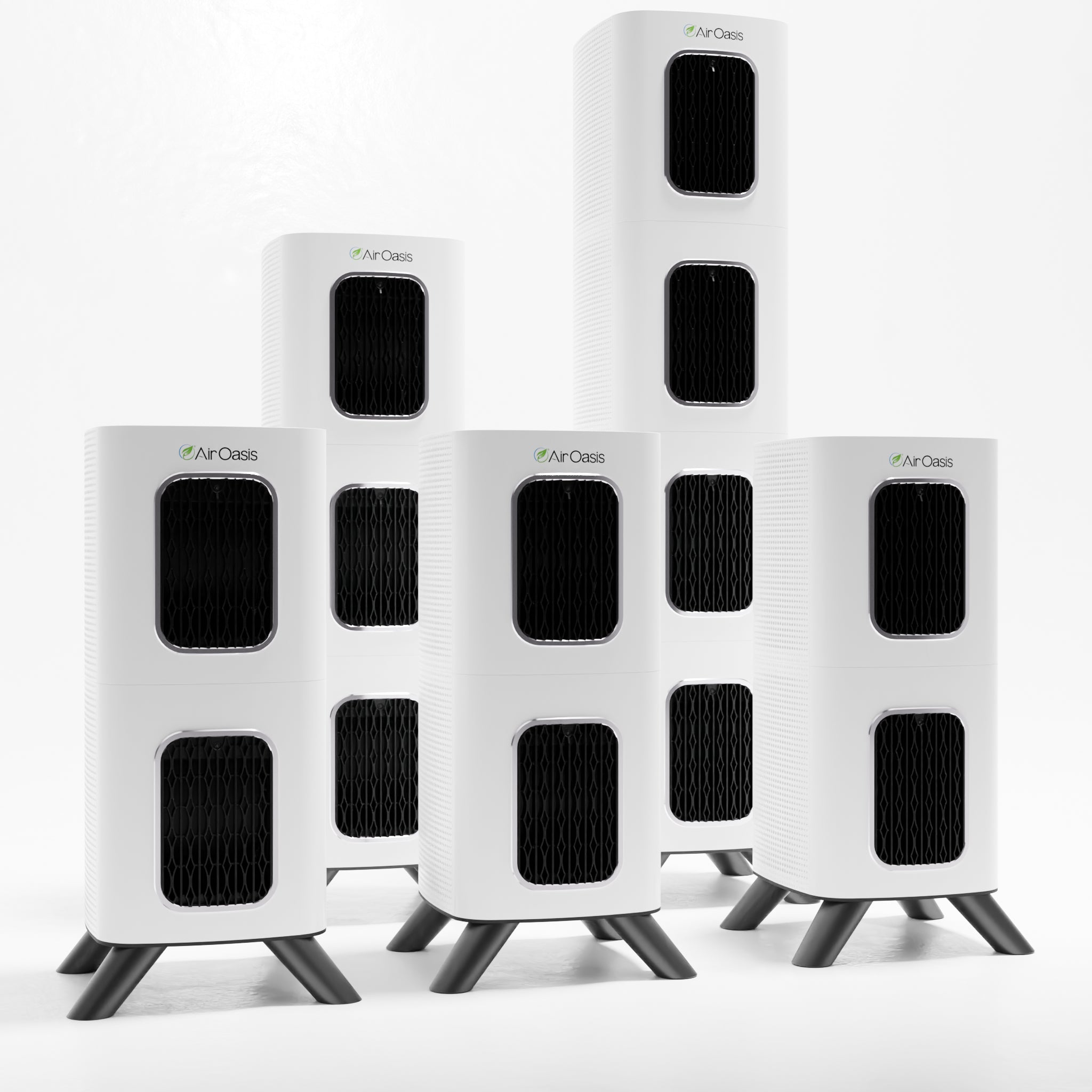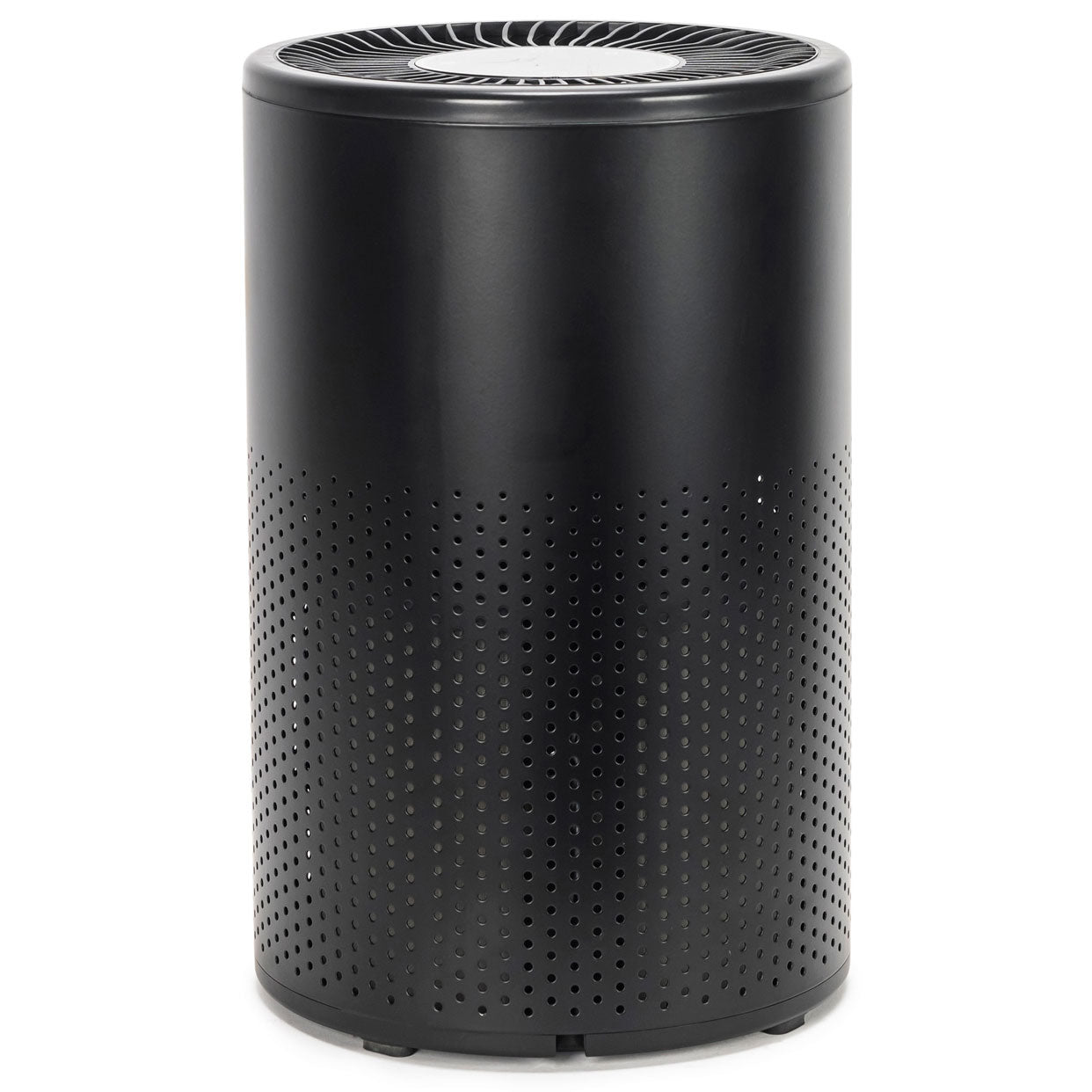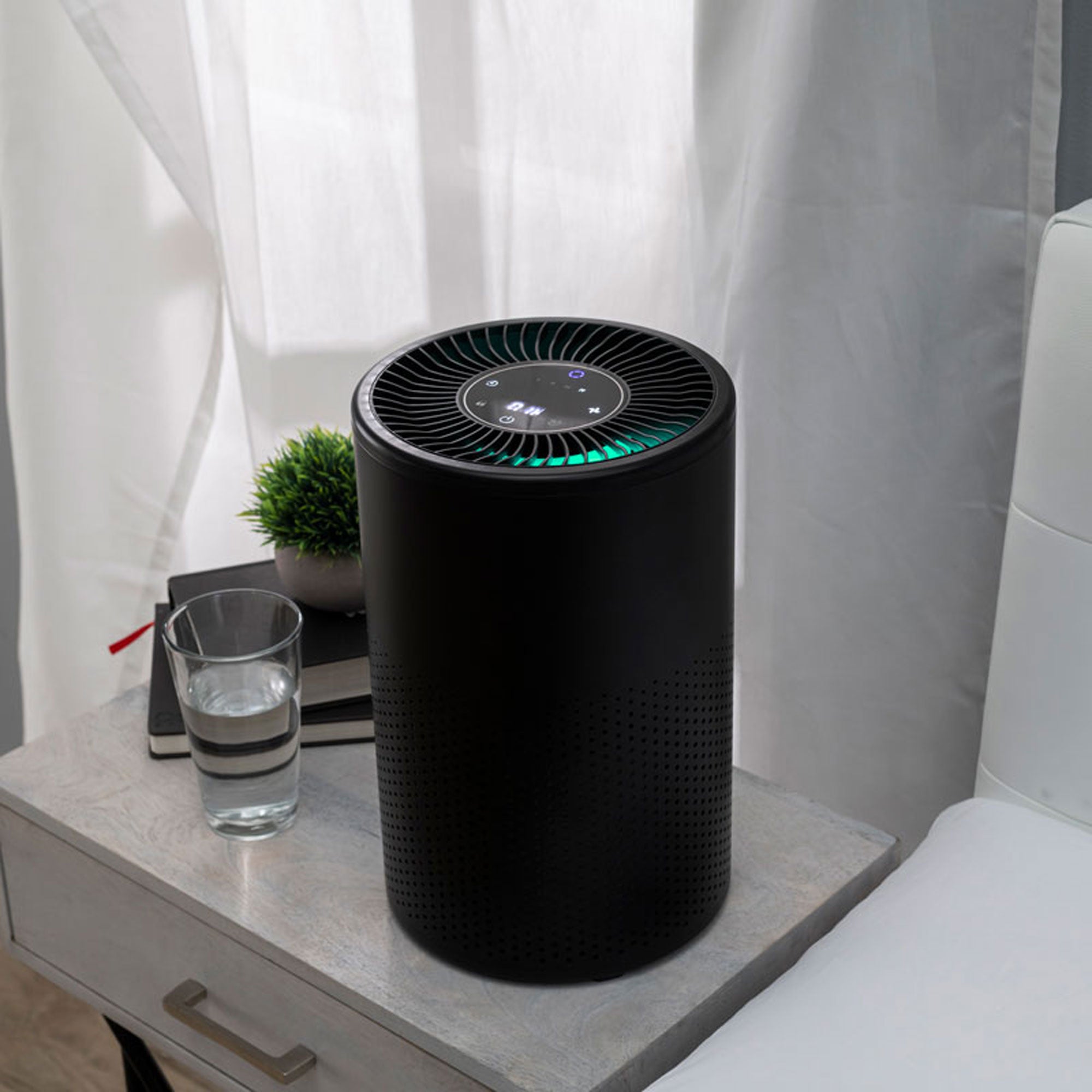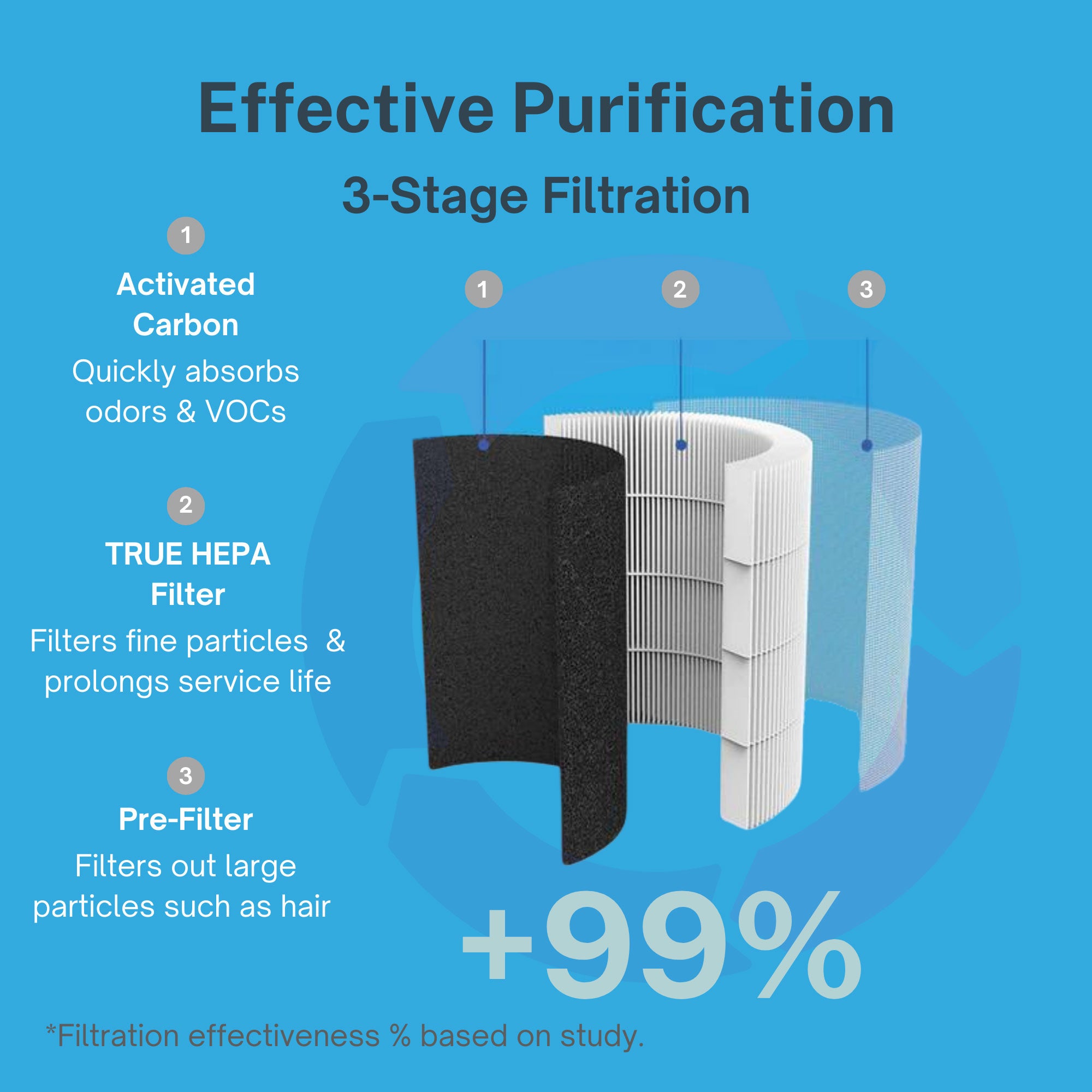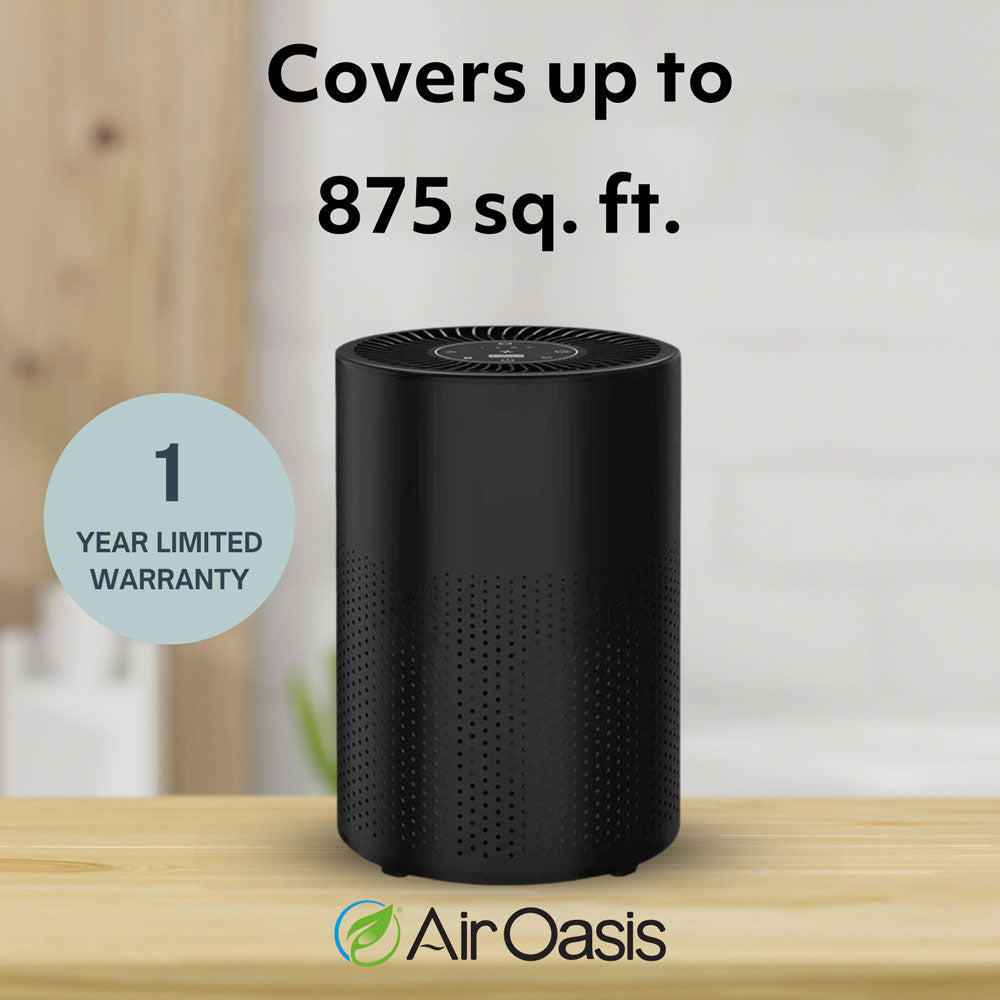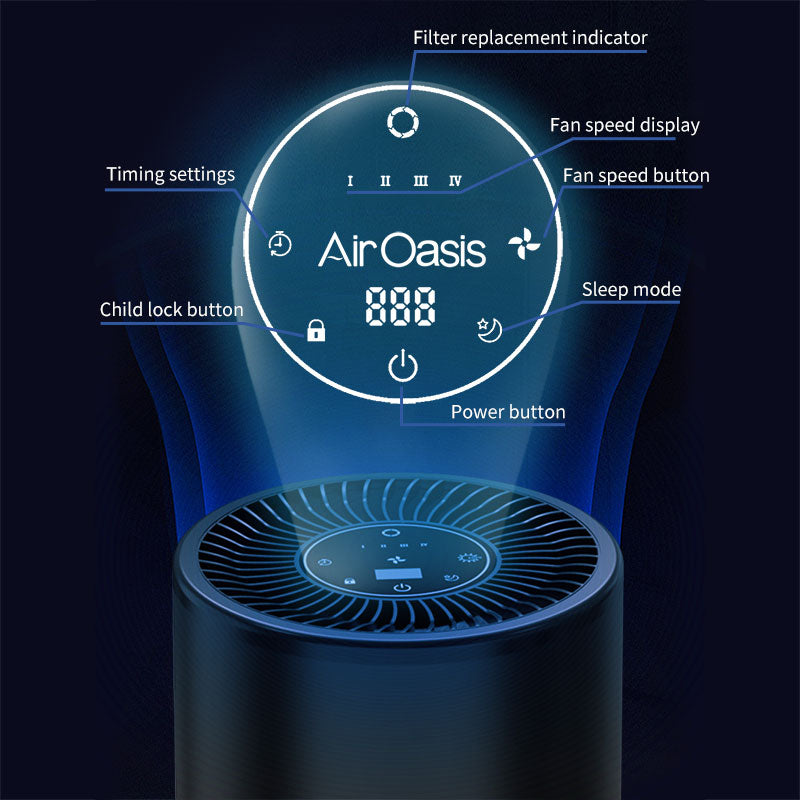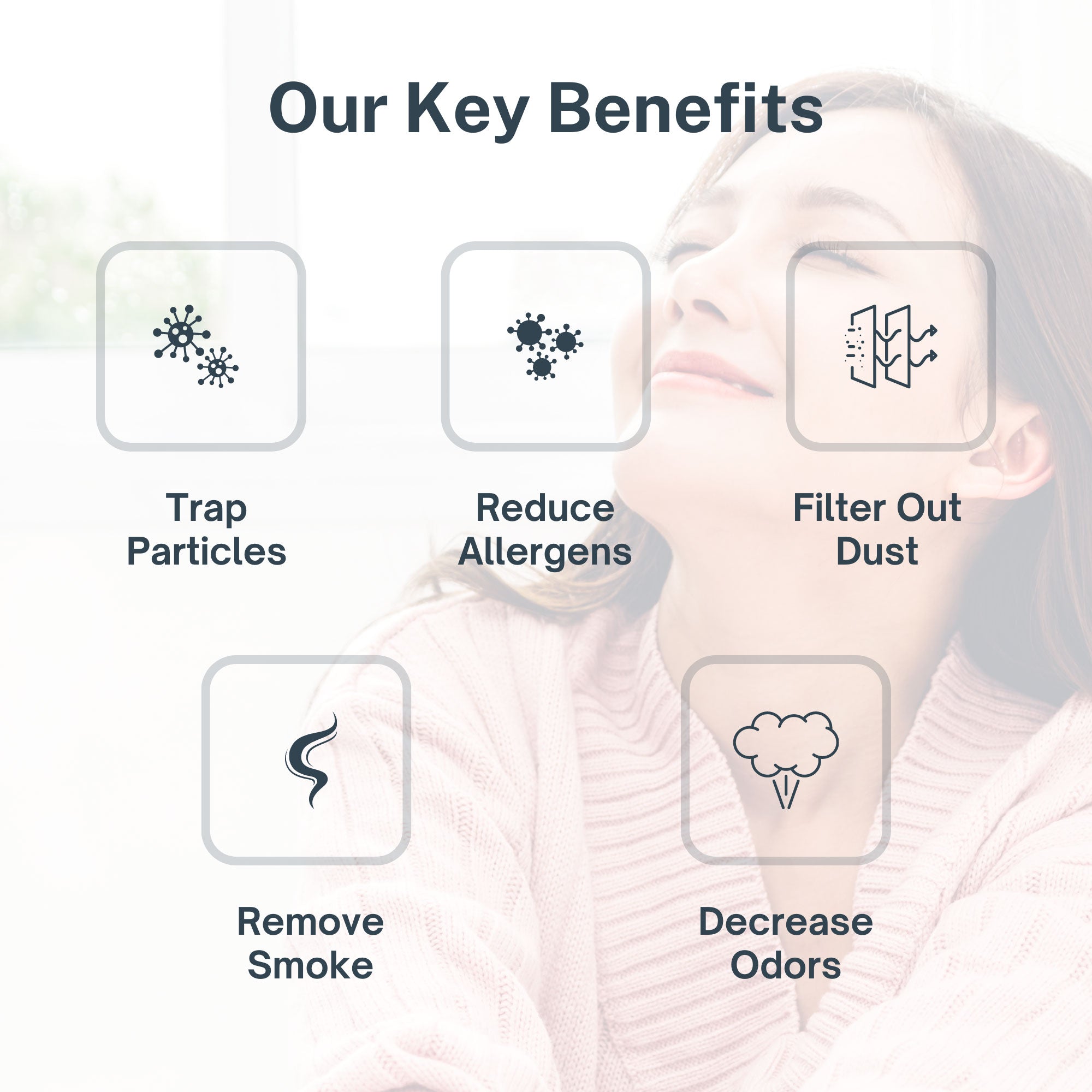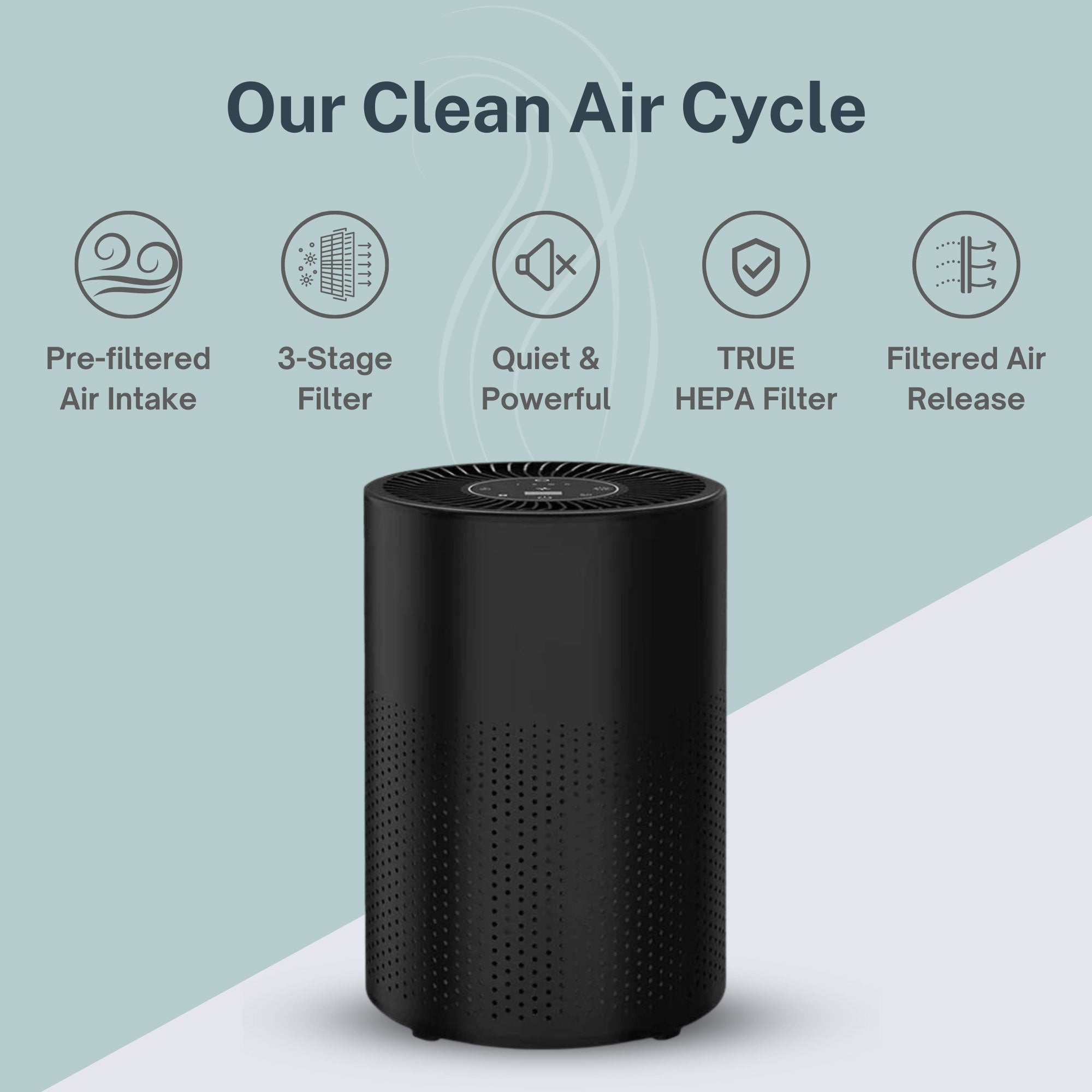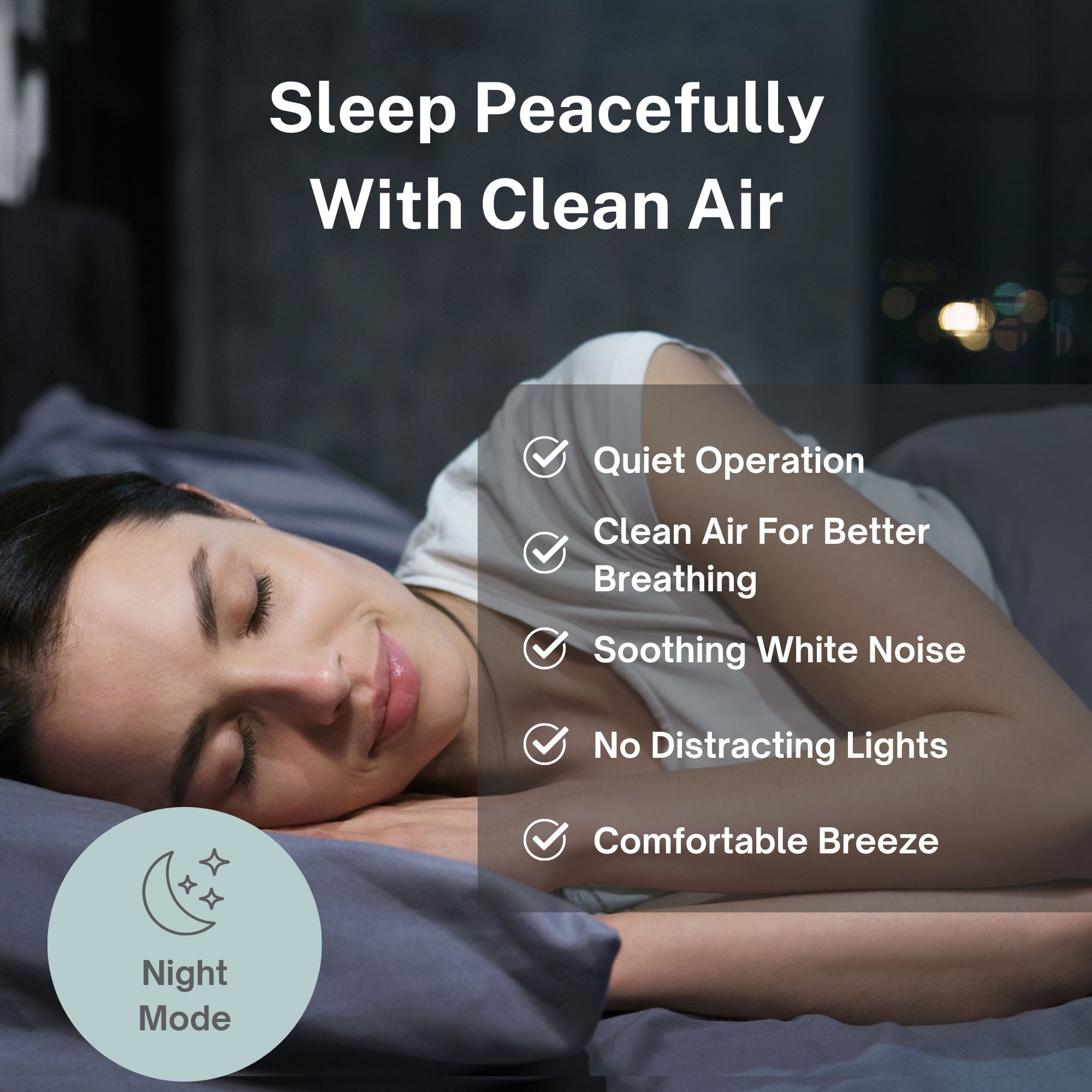Welcome to lawn season!
From playing catch with your kids to tending your garden to backyard cookouts to overall yard maintenance, the warmer months have us spending much more time outside.
But nothing stops those good times faster than a sneezing fit.
For millions, grass and other summer allergies turn the promise of outdoor enjoyment into a battle against watery eyes, runny noses, and constant discomfort.
Today, we’ll help you change your tune. This guide will explore effective, natural remedies for grass allergies that work with your body to alleviate symptoms. From simple dietary changes to air purification techniques, you'll discover how to breathe easier and embrace the great outdoors.
Understanding Grass Allergies
Grass allergies are the byproduct of a sensitivity to grass pollen. This type of allergy also goes by “hay fever” or “seasonal allergic rhinitis,” as it’s scientifically known.
Essentially, a person’s immune system registers pollen as a foreign object and develops specific antibodies to fight it—the result of those antibodies is allergy symptoms.
Typical Allergenic Grass Types
While there are roughly 11,500 species in the grass family, thankfully, not all of them cause allergic reactions. The severity of your symptoms and the types of grass that cause them will vary based on your location. However, the most common allergenic grass culprits include:
These grasses release tiny pollen particles into the air, especially during late spring and early summer when grass pollination is at its peak. But the season could persist longer, especially if you’re in a warmer climate. Environmental factors like climate change are also rapidly changing the length of grass pollen season and people’s subsequent reactions to it.
Since grass pollen is so light, the wind can easily carry it. Even if you aren’t exposed to these grass types in your yard, you could experience symptoms from grass pollen deposited from nearby areas.
Most Common Symptoms of Grass Allergies
Grass pollen wafting through the air triggers a cascade of symptoms ranging from mildly annoying to severely disruptive.
Symptoms of grass allergies vary from person to person, but typically include:
- Sneezing and runny nose
- Itchy, watery, or swollen eyes
- Nasal congestion
- Postnasal drip
- Itchy throat, ears, or mouth
- Coughing or wheezing
- Fatigue
In some cases, people may experience more severe symptoms like difficulty breathing or even asthma attacks. It's important to note that these symptoms can be similar to other types of allergies or even the common cold, which is why proper diagnosis is crucial. If you’re concerned you may have a grass allergy, make an appointment with your doctor or allergist for a test.
Natural Remedies for Grass Allergies
When grass allergies strike, you don't have to rely solely on over-the-counter medications. Various natural remedies for grass allergies can alleviate symptoms and boost your overall health.
Nasal Irrigation
Your nose is likely bearing the brunt of your grass allergy symptoms. Flushing your nasal passages can provide significant relief. Consider the following:
- Try a Neti pot: This technique helps clear pollen and mucus from your nasal passages, reducing congestion and irritation.
- Saline solutions: Using a simple saltwater solution can moisturize nasal passages and help flush out allergens.
Dietary Approaches
What you eat can significantly impact your body's response to allergens. Consider incorporating these dietary strategies:
- Anti-inflammatory foods: Load up on fruits and vegetables rich in antioxidants, such as berries, leafy greens, and citrus fruits. These can help reduce inflammation and strengthen your immune system.
- Local honey: While scientific evidence is mixed, some people find that consuming small amounts of local honey may help build tolerance to local pollen over time.
- Herbal teas: Nettle and chamomile teas are known for their anti-inflammatory properties and may help soothe allergy symptoms.
Keep in mind that if you are allergic to grass pollen, you may have or develop an allergy to certain foods, a condition known as pollen food allergy syndrome. This happens because some grass pollen can share similar characteristics with proteins in fruits and veggies.
When ingested, the body confuses the two and may display allergic reactions like tingling, numbness, or swelling of the mouth or throat. Contact your healthcare provider immediately if you experience severe symptoms.
Herbal Supplements
Some herbal supplements have shown promise in managing allergy symptoms:
- Butterbur has been found to be as effective as some antihistamines in reducing allergy symptoms.
- Quercetin, a natural antihistamine in many fruits and vegetables, may help reduce inflammation.
- Stinging nettle has been traditionally used to treat allergy symptoms and may help reduce inflammation.
As with any supplement, consult your healthcare provider before starting a new regimen.
Acupuncture and Acupressure
Traditional Chinese Medicine offers alternative approaches to allergy relief.
Acupuncture may help modulate the immune system and reduce allergy symptoms. Specific pressure points, such as those on the face and hands, can be stimulated to potentially relieve congestion and other allergy symptoms.
Air Purification
While not a remedy in the traditional sense, air purification plays a crucial role in managing grass allergies.
High-quality air purifiers, like the iApdaptAir 2.0, can effectively remove pollen and other allergens from your indoor air.
Look for purifiers with HEPA filters, which can capture particles as small as 0.3 microns, including most pollen particles.
Consider features like UV-C light or ionization for additional air-cleaning power.
By incorporating these natural remedies and air purification strategies, you can create a comprehensive approach to managing your grass allergy symptoms.
Prevention Strategies for Grass Allergies
While natural remedies can help alleviate grass allergy symptoms, prevention is often the best medicine. By implementing these strategies, you can significantly reduce your exposure to grass pollen and minimize allergy flare-ups.
Limit Outdoor Exposure During High Pollen Times
Grass pollen levels tend to be highest during specific times:
- Early morning: Pollen counts are typically highest between 5 am and 10 am.
- Warm, dry, and windy days: These conditions are ideal for pollen dispersal.
- Late spring and early summer: This is peak grass pollination season in many areas.
Plan your outdoor activities accordingly. If possible, stay indoors during these high-pollen periods and save your outdoor time for after a rain shower, which helps clear pollen from the air.
Adopt Proper Lawn Maintenance
Your lawn care routine can make a big difference in managing grass allergies:
- Keep grass short: Mow your lawn regularly to prevent grass from flowering and releasing pollen.
- Wear a mask while mowing: This can significantly reduce your pollen exposure.
- Consider low-allergen grass varieties: Some types, like St. Augustine grass, produce less pollen.
- Water your lawn strategically: Watering in the early morning can help control pollen release.
If your allergies are severe, consider working with a lawn service to handle grass maintenance during peak allergy season.
Wear Protective Clothing
When you do need to go outside during high pollen times:
- Wear sunglasses or wraparound glasses to protect your eyes from pollen.
- Use a high-quality face mask designed to filter out pollen particles.
- Change your clothes and shower when you come back inside to remove any pollen you may have brought in.
Bonus points if your air filter is running!
The Role of Air Purification as a Natural Remedy for Grass Allergies
Air purification plays a crucial role in managing grass allergies.
Air purifiers work by removing airborne particles, including grass pollen, from your indoor environment, preventing them from circulating in your home. They can also reduce the allergen load through continuous filtration efforts, which may result in decreased symptom severity. Beyond pollen, air purifiers remove other irritants like dust and pet dander, creating a cleaner breathing environment.
Air Oasis offers advanced air purification solutions specifically designed to tackle allergens like grass pollen. The iAdaptAir® 2.0, for instance, combines multiple air-cleaning technologies:
- True H13 HEPA filtration: Captures particles up to 0.05 microns in size, including grass pollen.
- Carbon filter: Absorbs and removes odors and volatile organic compounds.
- Germicidal UV light: Neutralizes airborne pathogens.
- Bi-polar ionization: Actively seeks out and eliminates contaminants in the air.
This comprehensive approach addresses grass pollen and improves overall indoor air quality.
Fight Grass Allergies Naturally: With Clean Air
Grass allergies can turn the joys of outdoor living into a challenge, but it doesn’t have to stay that way.
By understanding the types of grass you may be most susceptible to and the natural remedies for grass allergies, you’ll be well on your way to enjoying every bit of lawn season.
Remember the power of an air purifier to make breathing easier. Check out our air filters at Air Oasis today, and love the air you breathe.




